In a nation where the majority of store-bought food contain incomprehensible ingredients and employ labeling tactics designed to confuse consumers, understanding the nature of our snacks and meals can often prove difficult. Evidently, other countries recognize that certain ingredients simply have no place within the food and beverage world.
Preservatives and additives serve as routine ingredients for manufacturers, extending the shelf-life of food products. This practice seemingly benefits consumers, offering affordability and mitigating food waste, but several of these preservatives have been associated with potentially detrimental health consequences.
The disconnect between the US and other countries becomes clear when it comes to these preservatives. That’s why a handful of American foods find themselves banned outside the US, while being granted the stamp of “safe” approval by the US Food and Drug Administration (FDA) and the US Department of Agriculture (USDA) within the country. Here are the top 8 American foods banned in other countries.
Related: Top 5 Foods Banned in Europe
1. Instant Stuffing and Mashed Potatoes
Making stuffing with Kraft Stove Top Stuffing takes a mere five minutes. But the popular mix contains the preservatives BHA (butylated hydroxyanisole) and BHT (butylated hydroxytoluene), which have raised concerns due to suspicions of potential carcinogenic properties and their potential to hinder blood clotting. Same goes for instant mashed potatoes, which often contain BHA to keep it from spoiling on the shelf. Consequently, these preservatives have been banned in the UK, Japan and other European nations.
2. Skittles
Eating Skittles can be nostalgic, but you’re also partaking in a handful of additives that have been banned in numerous other countries. Skittles include both Yellow 5 and Yellow 6, artificial food dyes that have raised flags due to their potential adverse effects. Some research has found a possible correlation between Yellow 5 and heightened hyperactivity in children, while rat studies exploring Yellow 6 have uncovered potential links to tumors in the testes and adrenal glands. That’s why a few European countries have completely outlawed the use of Yellow 5 and Yellow 6.
3. Twinkies and Little Debbie Swiss Rolls
These popular American desserts feature Yellow 5 and Red 40. While these dyes have gained approval within the EU, they must be accompanied by cautionary labels indicating their potential to trigger adverse effects in children. Unfortunately, these dyes are often in food products intended for infants and young children, but no precautionary labeling is mandated domestically. Countries like Austria, Finland and Norway have even banned Twinkies completely.
4. Pillsbury Biscuits
You can enjoy the freshly baked biscuits within minutes with Pillsbury Doughboy’s biscuits. Yet, it’s important to note that these baked goods contain partially hydrogenated soybean oil, a trans fat that has been linked to heart disease. In addition to pre-made dough, partially hydrogenated soybean oil can also be found in baked goods, coffee creamers, margarine, microwave popcorn, potato chips and packaged snacks, among others.
5. Bread with Potassium Bromate
Potassium bromate finds its way into bread dough to enhance its structural integrity, yielding a more substantial rise, cutting down baking time and imparting a pristine white color to the final loaves. But this chemical is also associated with adverse health effects, including cancer, impairment of the nervous system and damage to the kidneys. While potassium bromate has been banned in various countries, such as the UK, Canada and Peru, it remains prevalent in numerous American bread variants, including bagel chips, rolls and even breadcrumbs.
6. High Fructose Corn Syrup
Derived from a blend of pure fructose and sugar, this sweetening agent has been associated with an array of health concerns, including obesity and type 2 diabetes. It can be found in a wide spectrum of products, ranging from beverages to cereals and ice cream. While no country has implemented an outright ban on this sweetener, certain measures have been taken in the UK and several European countries involving product restrictions and the imposition of quota limitations.
7. American Pork
In the US, cuts of pork tend to be much larger than it is in other parts of the world. That’s because American pork contains growth hormones. One notable growth hormone, ractopamine, often employed in pig farming, has been banned in numerous countries. Though research concerning the potential effects of ractopamine consumption on human health is somewhat limited, certain studies have found a correlation between this growth hormone and an increase in heart rate. Interestingly, the US is one of the few remaining countries permitting the use of this hormone in their agricultural processes.
8. Chlorinated Chicken
In the US, the practice of washing chicken in chlorine is done to mitigate the potential spread of foodborne illnesses, particularly Salmonella. It’s not just used to wash chicken, either. Chlorine can also be found in produce, canned vegetables, other meats and many baked goods. This food safety approach is prohibited in the UK and the EU due to concerns about its association with unhygienic farming methods.
If you want your company to be featured on Xtalks.com, please email [email protected].

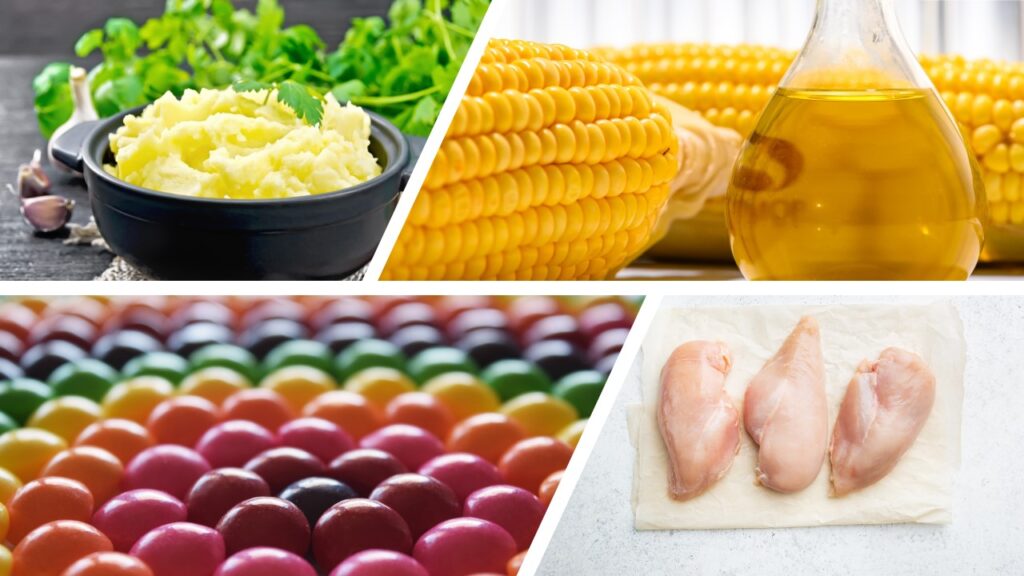
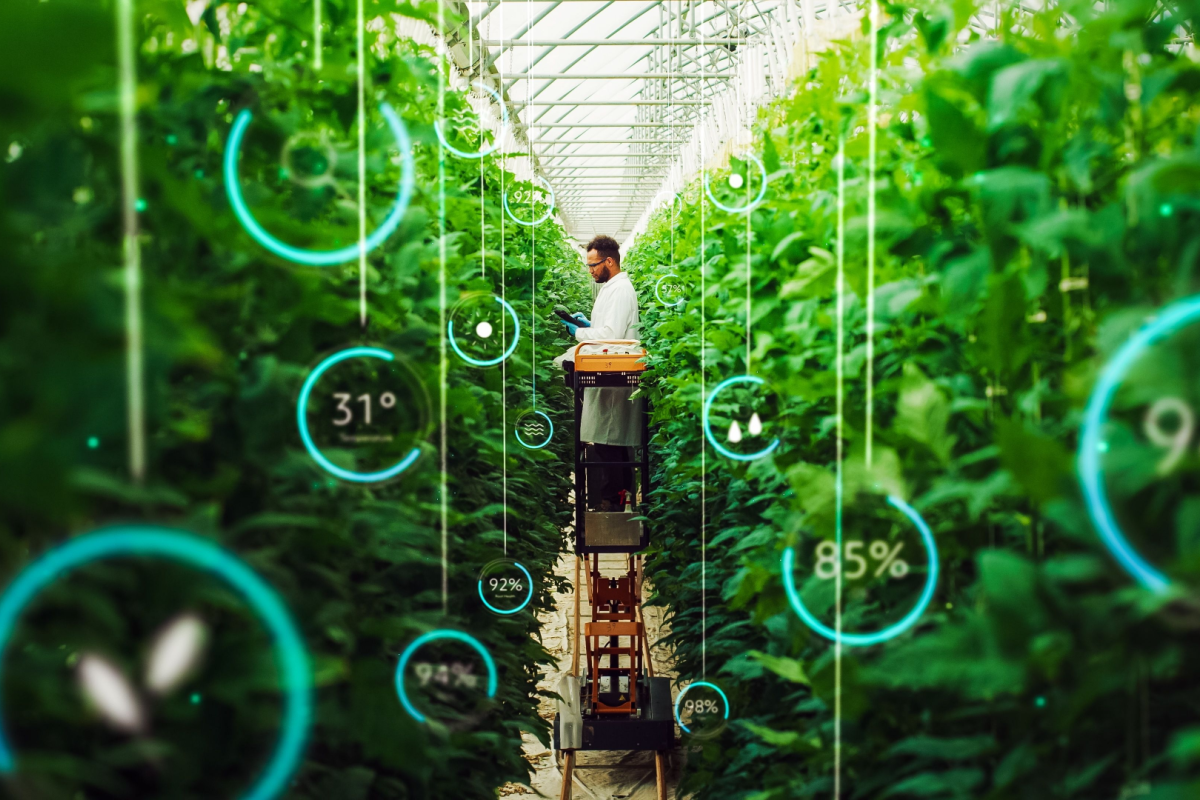
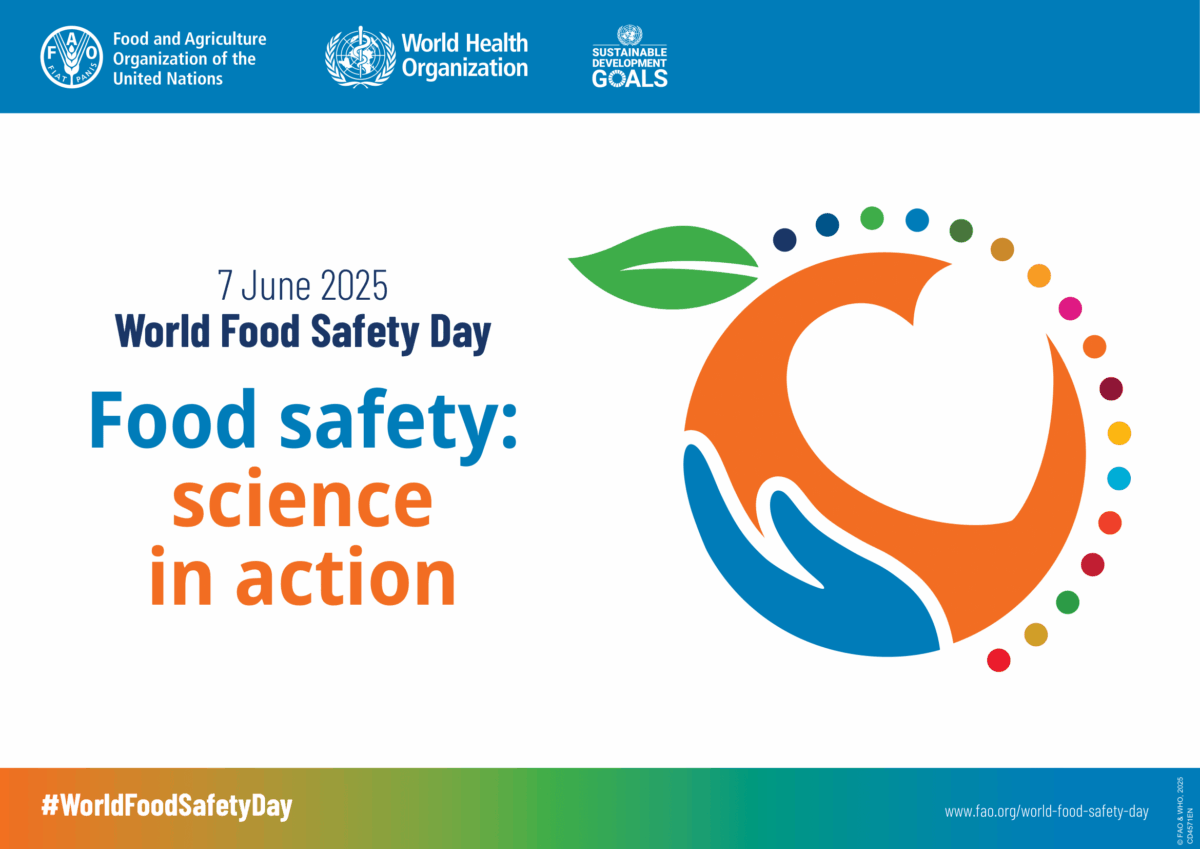
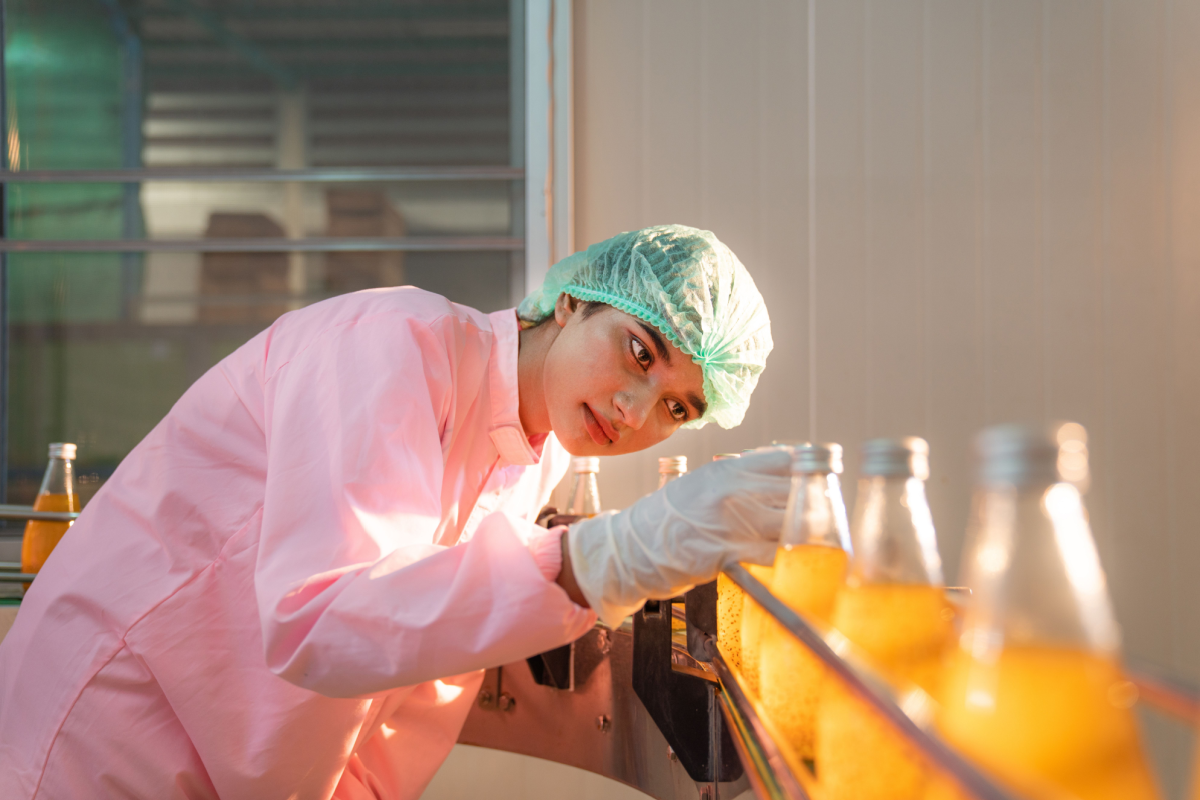
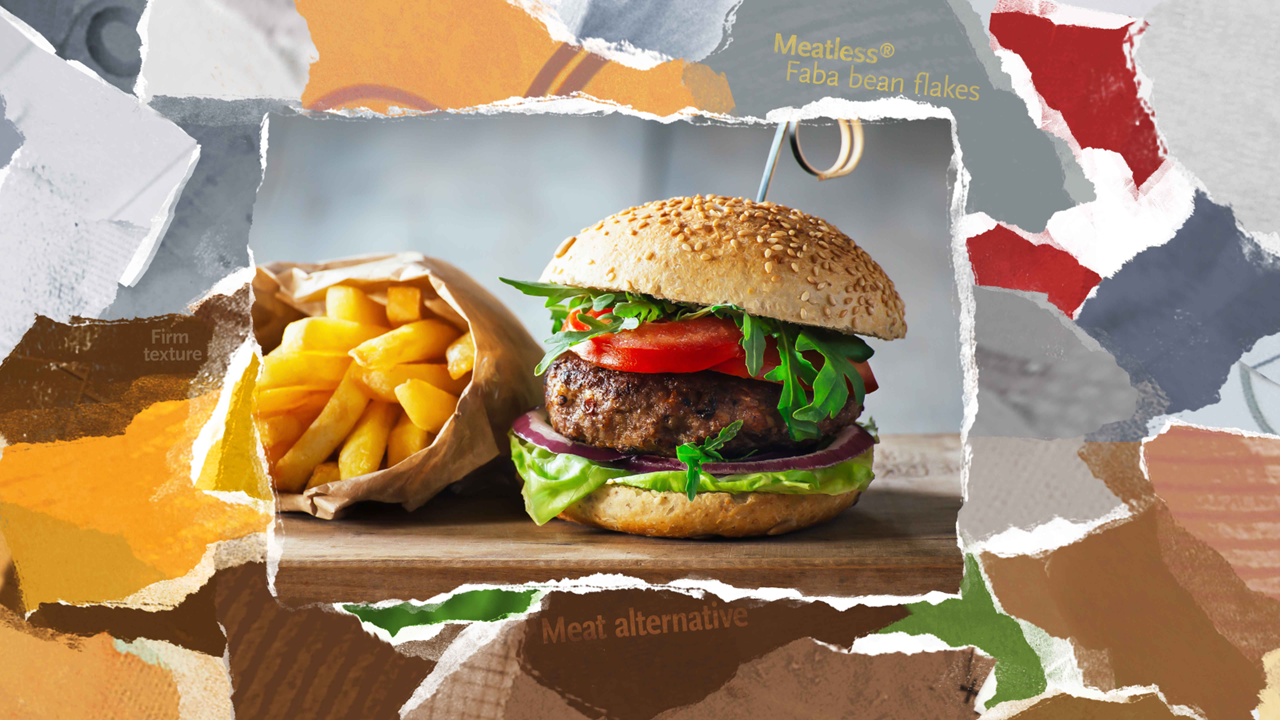
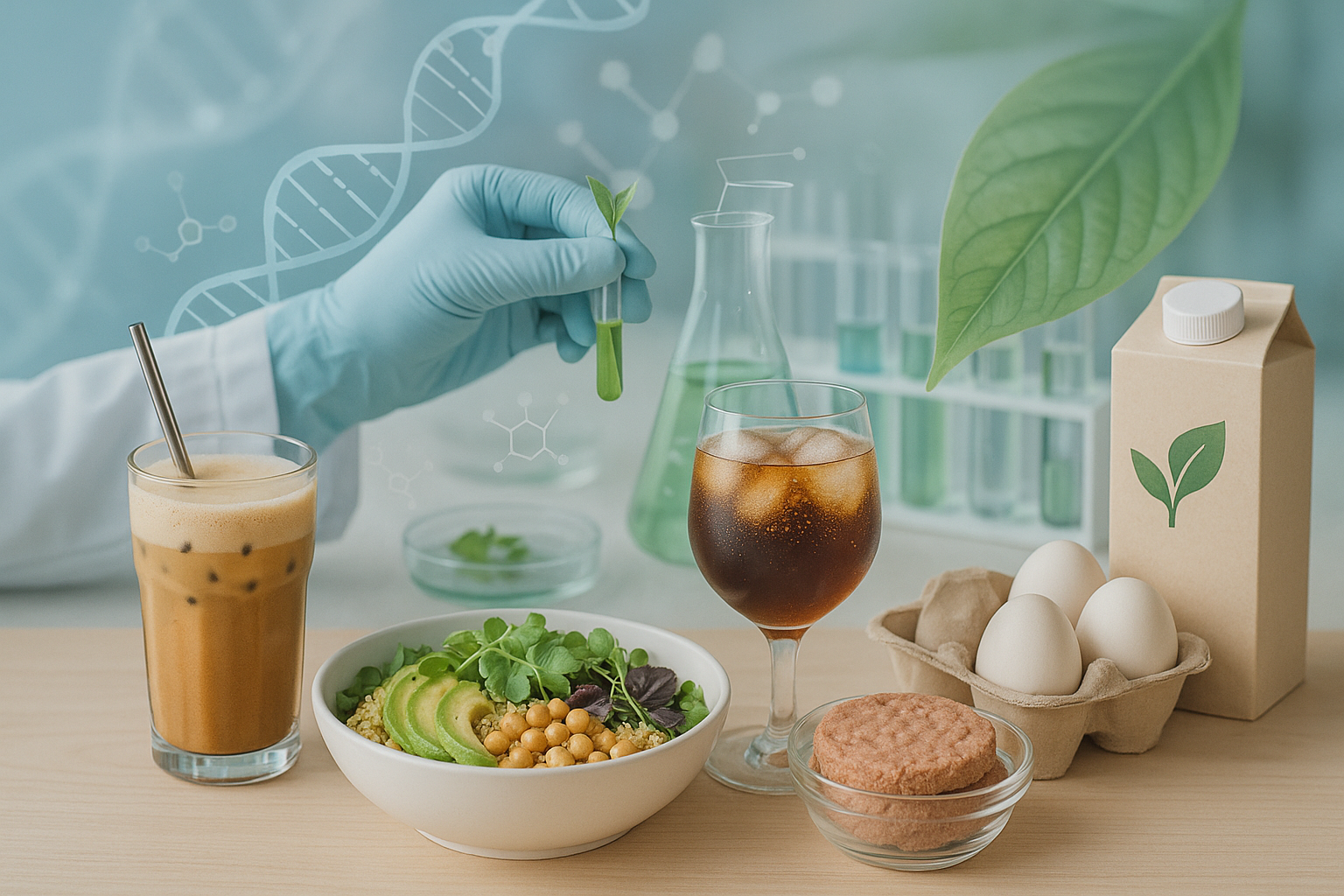





Join or login to leave a comment
JOIN LOGIN